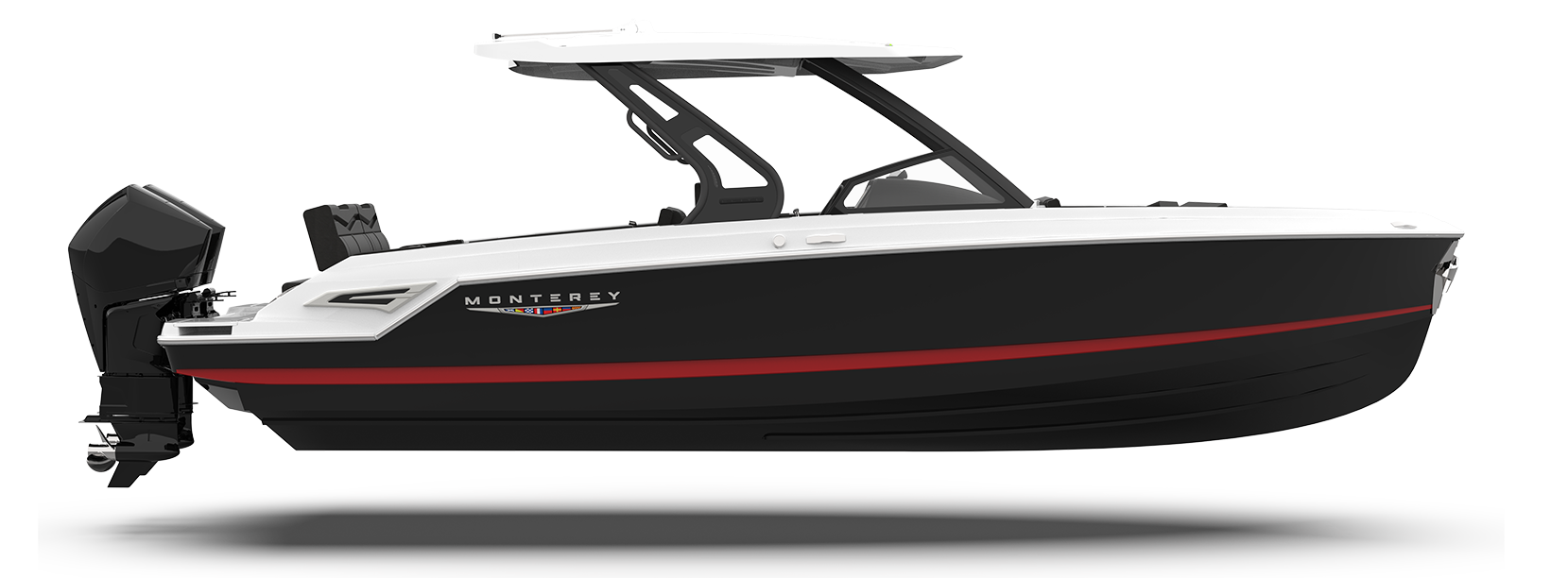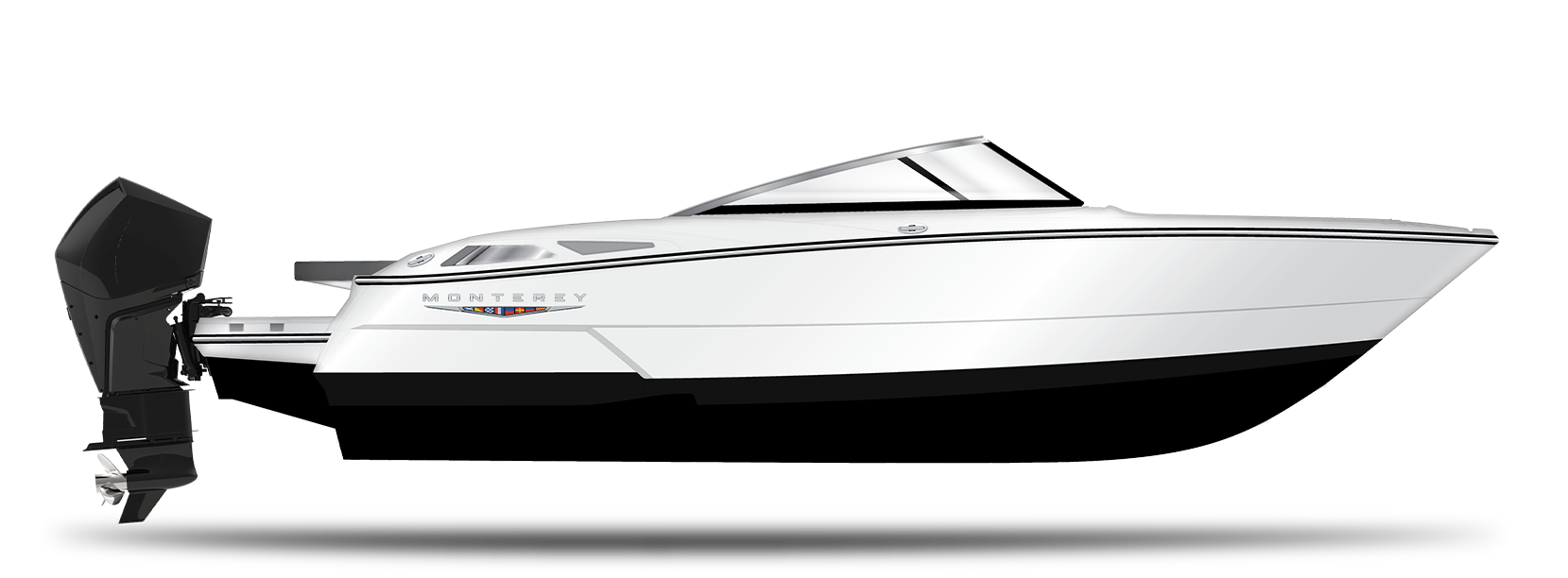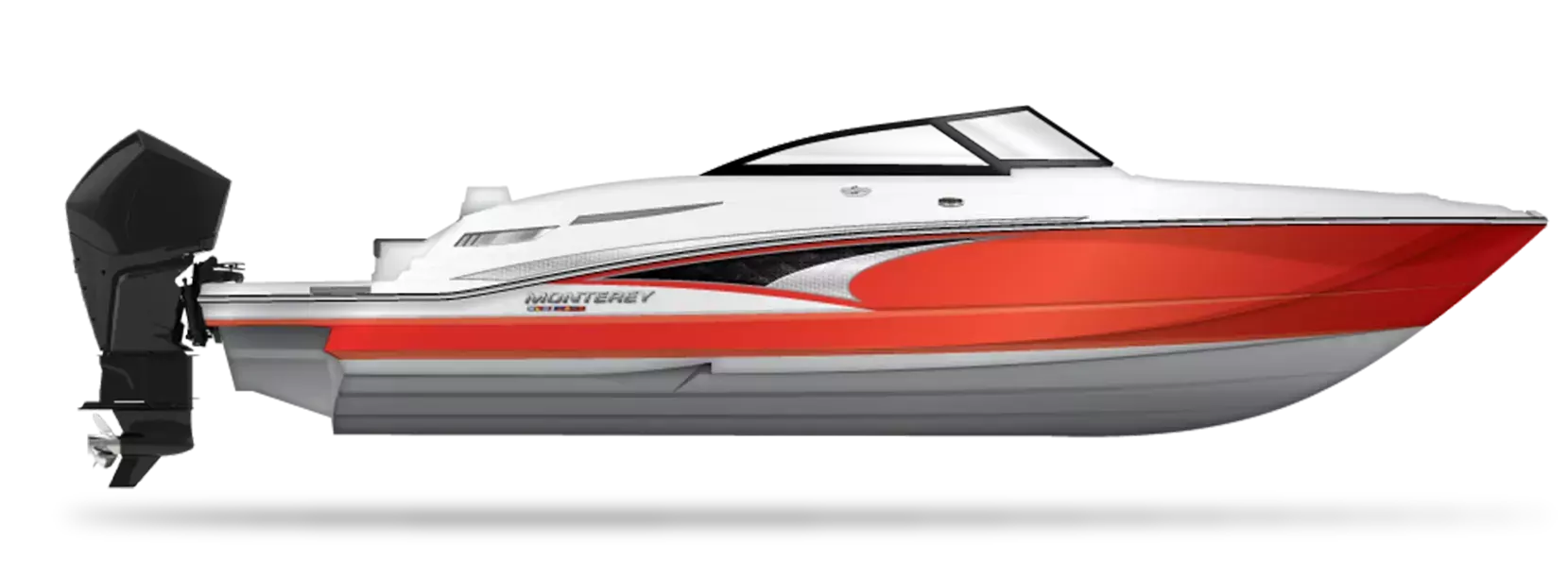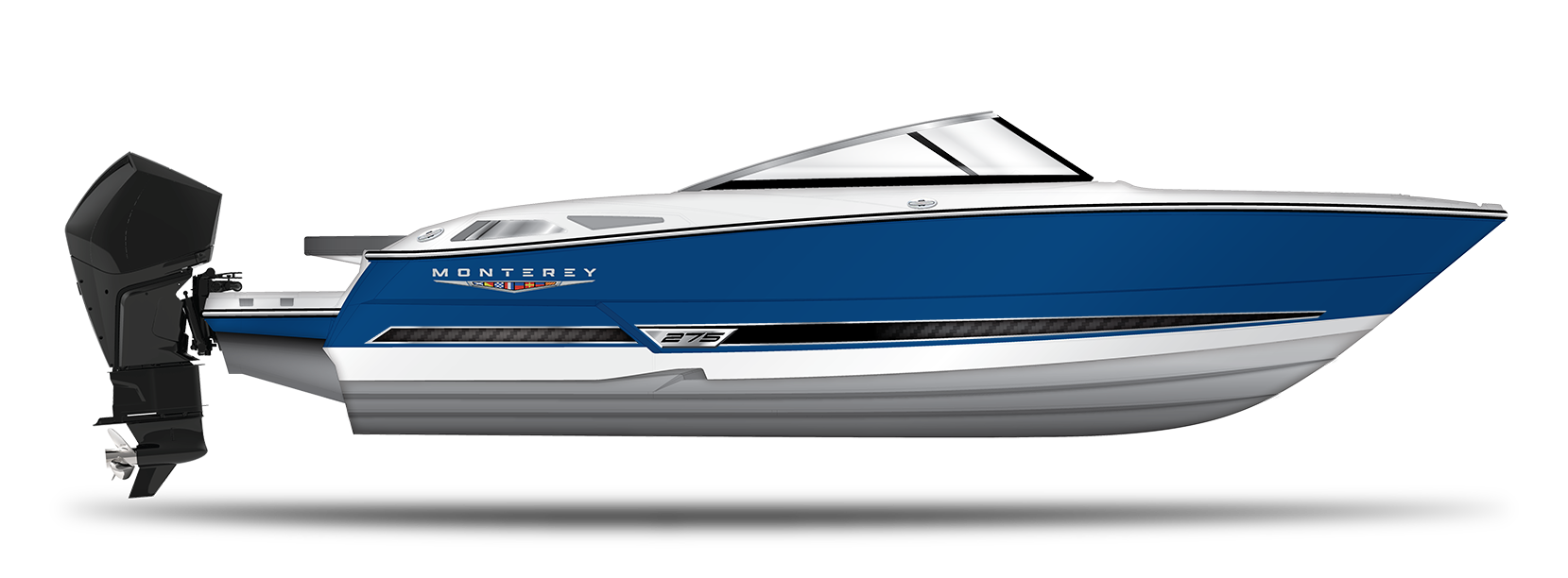Five Winter Boating Safety Tips You Need To Know!
At Monterey Boats, we don’t believe boating should only be a fair-weather activity. Our boats can handle just about any weather, including colder winter conditions. But if you’re planning on boating in the winter, there are some additional safety tips you should keep in mind. Let’s take a look at 5 of these top tips now!
-
Bundle Up To Protect Yourself Against Cold Winds
Whether you’re on a lake or the open ocean, you won’t have any way to hide from the buffeting winds and cold weather, and while you’re operating your boat at a high speed, you’ll have to contend with even higher wind chills.
Make sure you’re adequately protected for the weather. Check the forecast, and opt for modern technical fabrics, wool, and down jackets. Choose clothing that’s warm, water-resistant, and lightweight – and dries quickly.
Don't forget about your hands, feet, and head. A beanie or ski mask can protect your face and head, while neoprene gloves allow plenty of finger flexibility while preserving warmth. Opt for wool socks with lightweight boots that have comfortable soles that can grip even in wet conditions.
-
Know The “1-10-1” Rule
The 1-10-1 rule for cold water survival is as follows.
-
1 minute
– You have one minute to recover and get your breathing under control after falling into freezing or cold water. This is called “cold water shock.”
-
10 minutes
– You have about 10 minutes of meaningful movement to help you self-recover after being submerged in cold water. After this time, you’ll lose dexterity and have a lower ability to move in the water.
-
1 hour – You have approximately one hour before hypothermia sets in, and you may lose consciousness.
In the rare event that someone falls off your vessel into cold water, you will need to make sure you have items like space blankets, a fresh change of clothes, heating packs and other supplies on-hand to warm them up and prevent hypothermia.
-
Wear A Life Jacket At All Times
As touched on above, cold water severely restricts your ability to tread water and swim. Even if you’re a strong swimmer, your strength can fail in minutes. Don’t take chances. Everyone on your vessel should be wearing a life jacket at all times, no exceptions.
-
Top Off Your Batteries & Check Them Before Heading Out
Batteries drain more quickly in cold weather, so make sure your battery is charged and ready to go before you depart on your vessel. Cranking your engine at the boat ramp and finding out your boat is dead is never fun! You can use a trickle charger to keep your batteries charged at home during the off-season.
-
Make Sure You Have Emergency Communication Equipment
At the minimum, you should have a handheld GPS and a VHF radio. The GPS lets you monitor your position and inform rescuers about where you are, if necessary. Marine VHF radios allow you to communicate with the Coast Guard and other authorities via Channel 16, which is reserved for vessels in distress. Cell phone service is no guarantee on lakes and oceans, and VHF radios are required by law in many states to ensure you can reach the authorities in case of an emergency.
Keep These Safety Tips In Mind While Boating In The Winter!
Boating during the winter does require you to take some additional steps to stay safe – but it can be just as fun and rewarding as boating during the summer. So follow these 5 winter boating safety tips from Monterey Boats, and you’ll be able to stay safe and have a great time.















